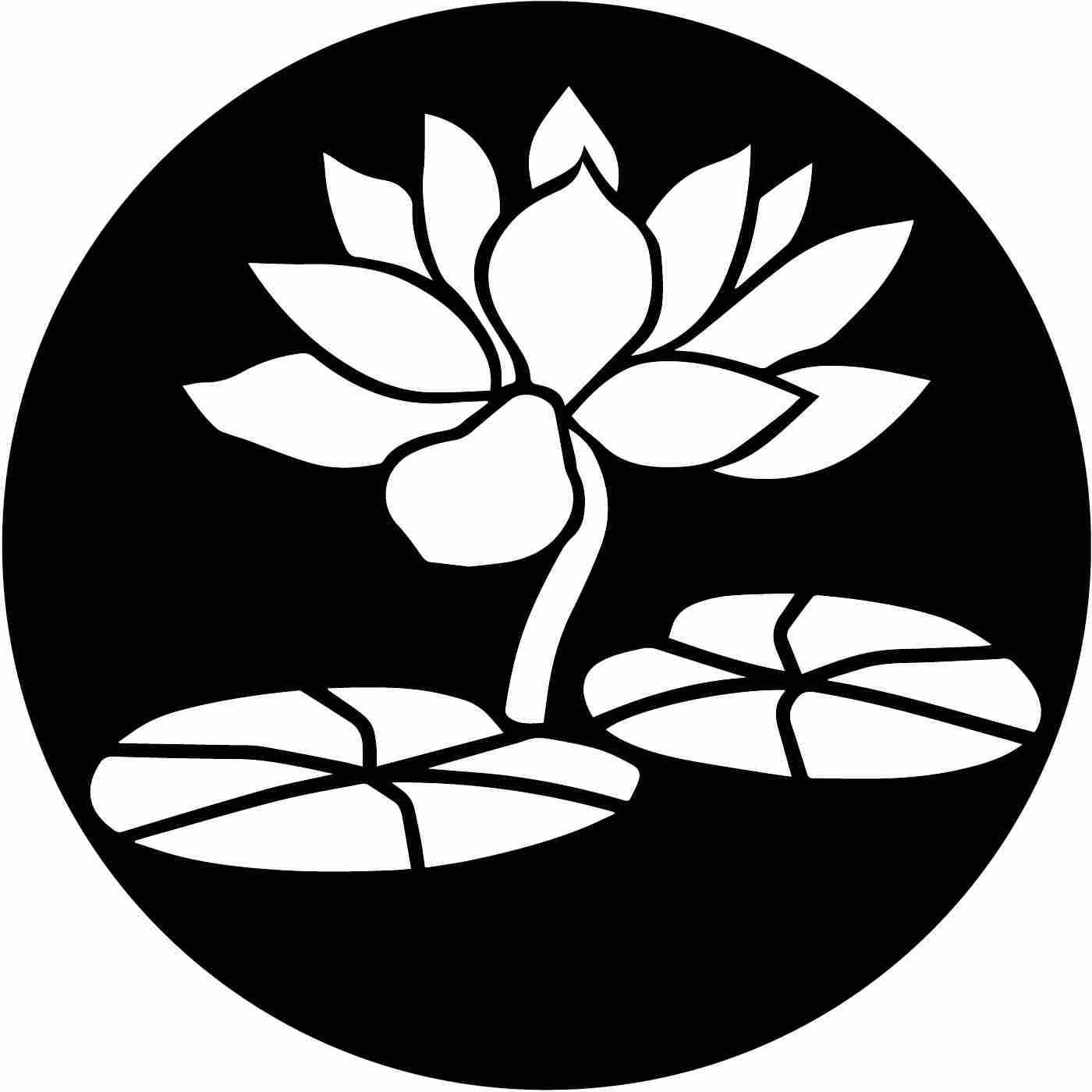Milk Is Like People

Life here feels familiar. Though we are on the border with Siberia, the landscape reminds me of the coniferous forests of Khentii. Both these woods and the ones in Khentii vie for the title of the oldest forests in Mongolia. Here, the Russian taiga stretches to the northwest. On some of the peaks I can see a glittering, what I can only assume is snow. The way the hills gently rise and dip in every direction, and the way broad swatches of land exist between the hilly forests is typical of both the taiga and Khentii. Tonight I should sleep well.
The Reindeer People spend their summers here at this higher elevation, letting their herds fatten for the long winter to come. More and more, their numbers are depleting as their young people head off to Ulaanbaatar. The natural beauty of the landscape is not enough to hold them.
I watch as a woman with a baby strapped to her back milks a reindeer. The animal stands eating grass as the woman deftly works her hands underneath the mare’s belly. The rhythmic sound of the milk hitting the side of the pail is comforting. The woman sees me watching. When she’s done, she motions me over and holds out the half-filled pail. There are no reindeer in Khentii. There are no camels there either, though I once taste the milk of such an animal, the taste like sand and unbearable heat. I lift the pail to my lips and take a deep swallow. It is richer than mare’s milk. The taste somehow meatier. Somewhere in existence I know Övöö still likes to say that milk is like people—more similar than different.
Around the camp people ride their animals without saddles. I see a few wooden seats lying outside of various ortz, which the people must use for longer journeys. To them the reindeer is a sacred animal. Mornings they lead their animals up into the hills where they eat lichen and mushrooms; nights they bring them back down into the settlements and stake them to keep them safe.
A man is cutting the antlers of his animal. I imagine he uses the horn the same way the herders of the grasslands use the bones of horses to carve things like ceremonial knives or tiny flutes. The animal lies patiently on the ground, its front knees bent, its eyelashes long as a child’s smallest finger. Everywhere flies mass like storm clouds. I brush them off my shoulders but am careful not to injure their delicate bodies.
Uncle and the candidate stay in the tent over the deep water until dinner. I wonder if it is a reunion of old friends. Perhaps our journey is over, I think. Mun looks at me and laughs. Get real, he says.
Why not, I say. The child is an ancient light. He could be the one to become the face of our religion.
I’m an old light too, Mun says. The world is full of old lights. He slaps a fly on his arm, then with his fingers he flicks its bloody body off his skin.